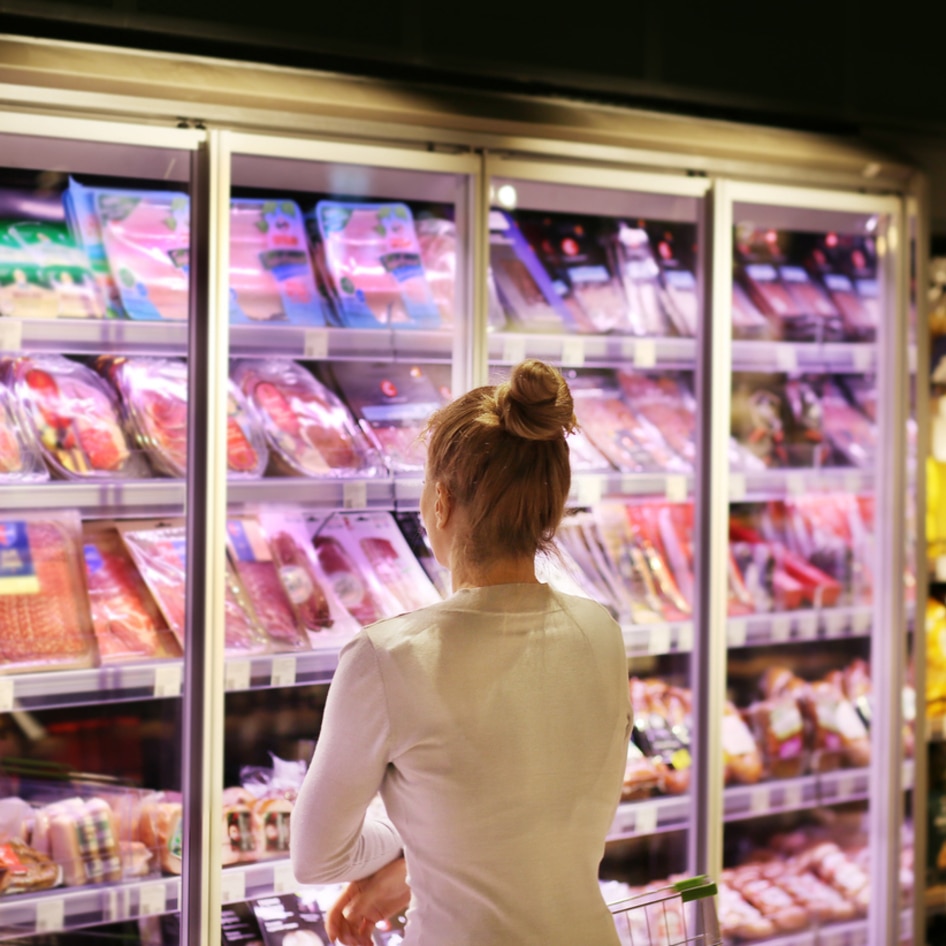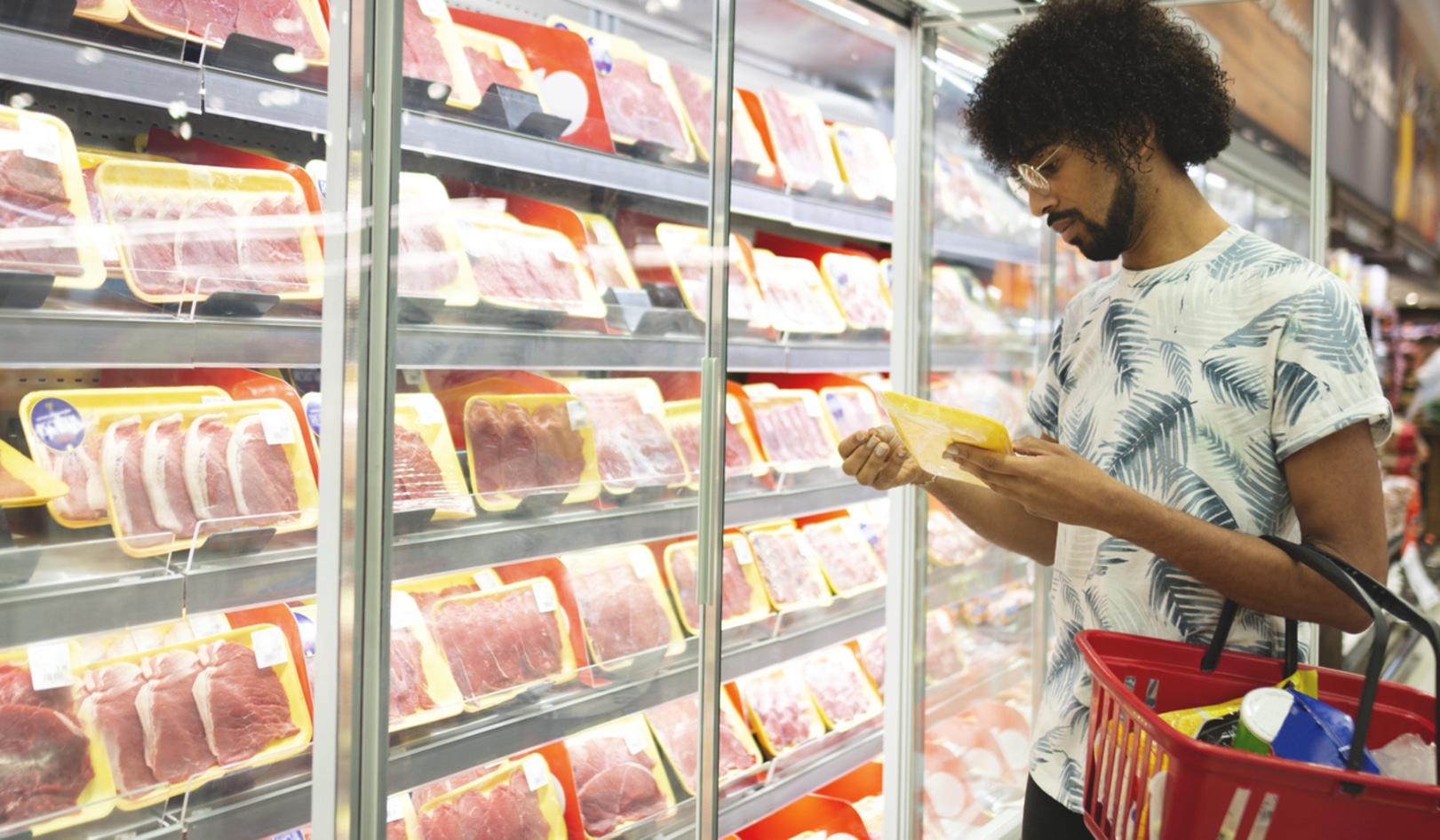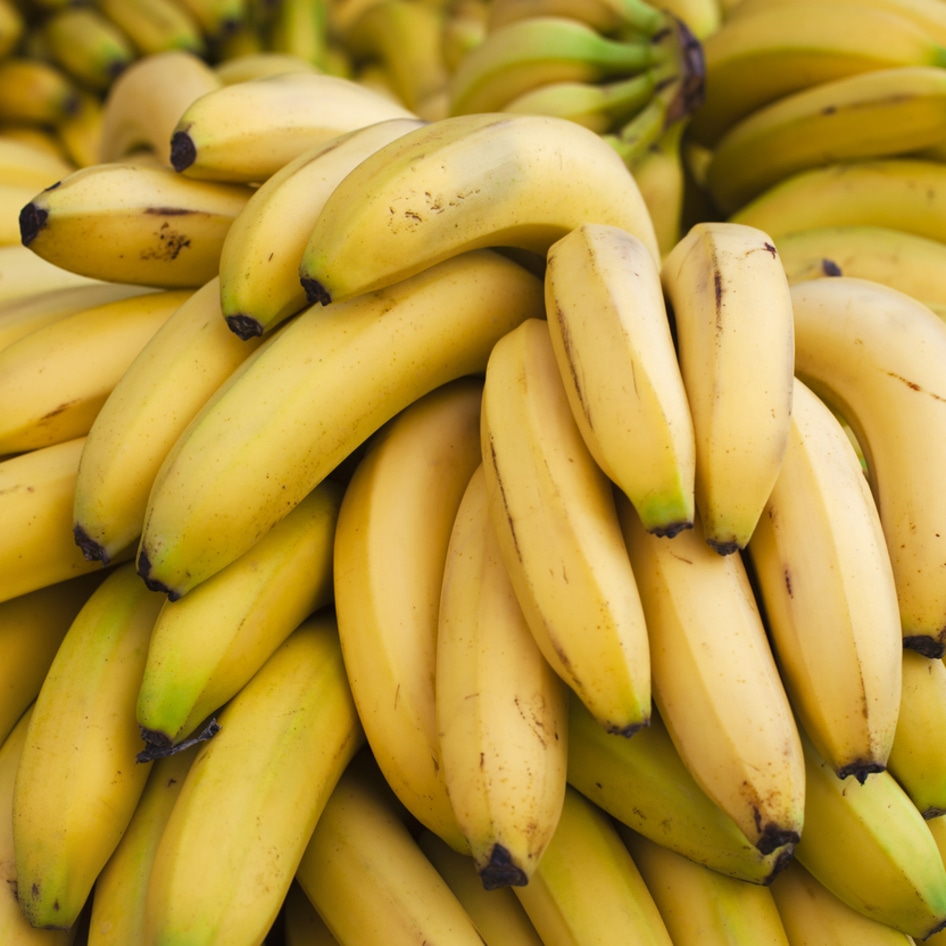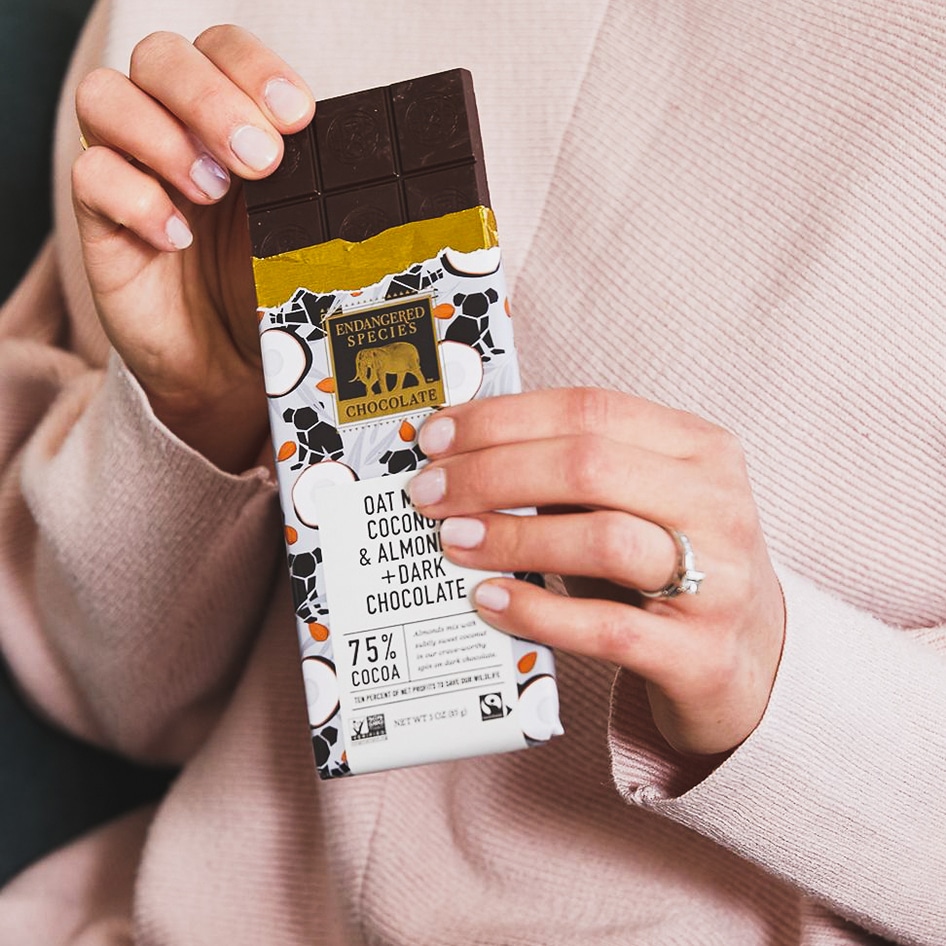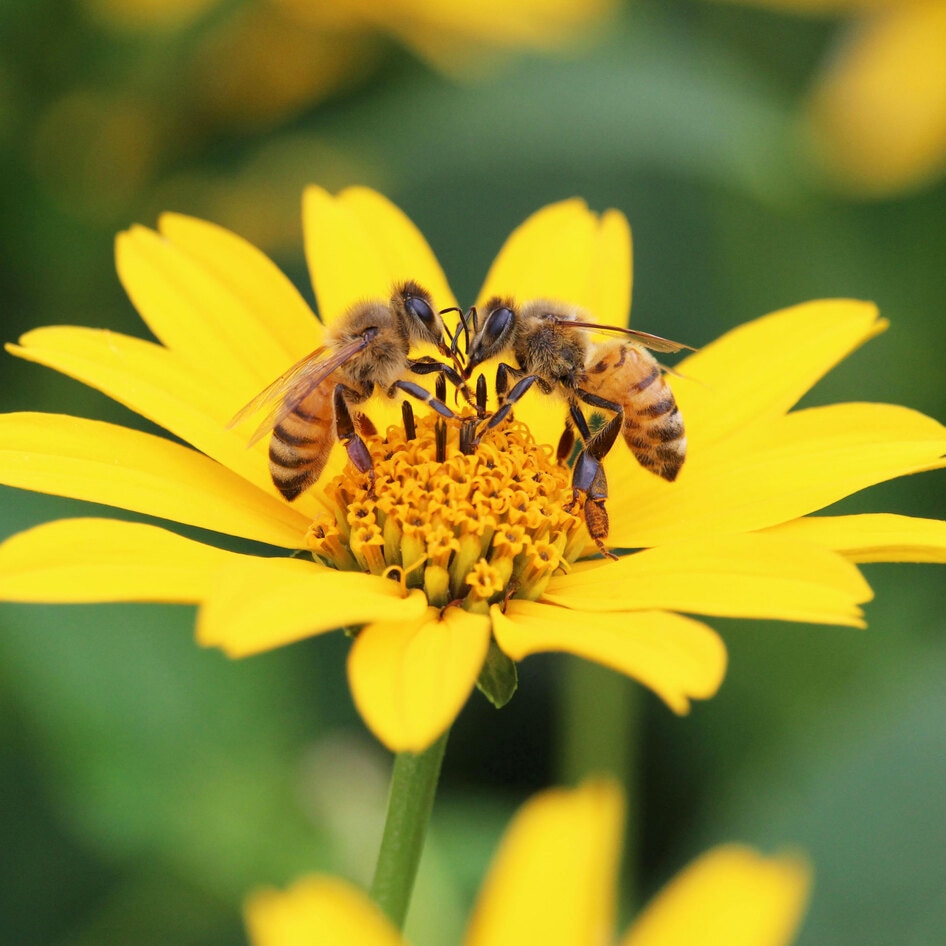Fair-Trade Future
Discover the importance of compassionate consumerism beyond going veg, and what you can do to help.
June 28, 2009
Adopting a plant-based diet often signals a moral and ethical shift in a person. Through dietary choices, conscious consumerism, and dedicated activism, the veg community works to end exploitation and suffering. But are we missing something? Examine the secret life of two tasty foods considered commonplace in the average veg diet: bananas and chocolate.
Begin with the banana. Who knew that the average smoothie could be so fraught with meaning? Bananas gained a steadfast place in the US largely through sheer American force. Central America—the decided territory to supply the US’ banana habit—was seen as a vast, open frontier by Boston Fruit Company (which was known soon thereafter as United Fruit Company and finally Chiquita) and Standard Fruit, which is known today as Dole. The conglomerates dominated the land, industry, and the government, all in the name of business.
This is not all part of the distant past: in 2007, Chiquita was fined $25 million by the US government for giving $1.7 million to a right-wing death squad organization in Colombia. As for the workers, the average daily wages for an Ecuadorian plantation worker can be as low as $3, approximately 60 percent of the required minimum wage. Given this fact, what is a compassionate banana-lover to do? Buy fair trade.
By most accounts, the organic label is not an assurance of the treatment of workers on farms; though it does mean that farm workers are not exposed to harmful chemicals, it does not mean they are paid a living wage, receive benefits, job security, or better treatment. The singular label that would cover that is the Fair Trade label, such as the one offered by TransFair USA, the only such certifier in this country. Buying your bananas fair trade is your best assurance that they were grown in a way that respects workers, farmers, and the environment.
If money talks, the United States loves chocolate the most ardently, to the tune of more than $13 billion per year. What, other than the dairy that vegans avoid because of the exploitation of our bovine friends, is the problem with chocolate? Indentured child slavery and labor abuses on cacao farms, to be precise.
West Africa is responsible for 70 percent of the world’s cocoa and poverty is rampant, exacerbated by the very low prices farm laborers are compensated by companies like M&M/Mars (the largest chocolate company in the world, earning more than $16 billion annually). Because of the extremely low wages—somewhere between $30 and $108 per year—and the lack of human-rights standards enforced, there exists a major exploitation problem of the most vulnerable in the region: the children. The International Labor Organization and the US Department of State report 284,000 children living in abusive child-labor conditions in West Africa. Ethical production standards are a must for truly enjoying that rich morsel of dairy-free chocolate.
For those of us attempting to navigate the tricky world of conscious consumerism, the supermarket grocery aisle presents a complex quandary thanks to the unprecedented availability of food and other goods from far-flung regions that the global market offers. While 21st century information technology allows access to the backgrounds of these products, that doesn’t necessarily translate to a more simple shopping experience, nor does make it easier to stay aligned with our values. Perhaps what we will find is that even in our modern world of on-demand iced mochas and banana muffins, with a little bit of research and planning, we can make choices that move us all closer to the sort of world we want to inhabit.
JUMP TO ... Latest News | Recipes | Guides | Health | Shop

